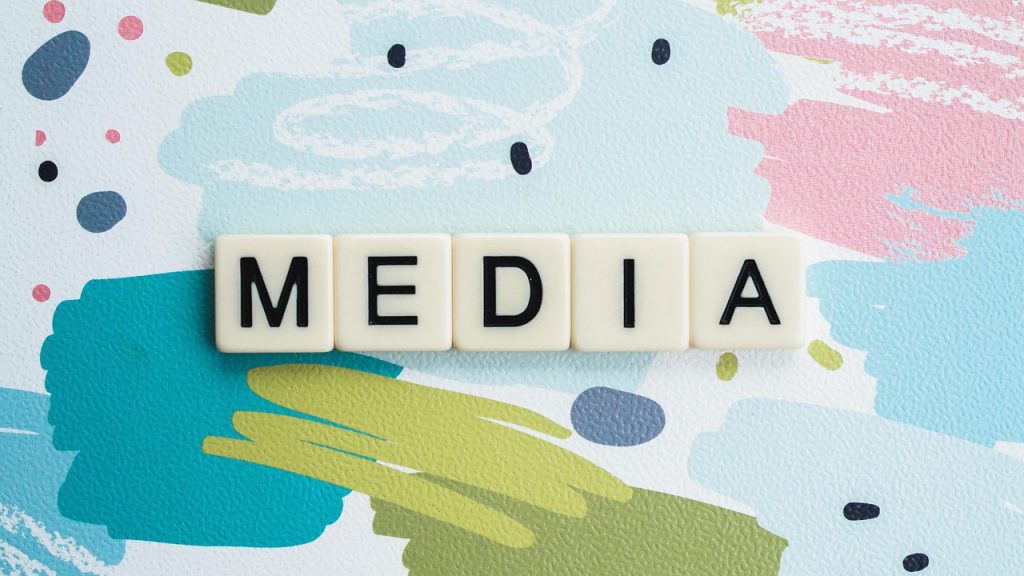Psychology and Politics
In psychology, cognitive dissonance refers to the mental state in which people hold two conflicting ideas. Current confusion in political debate seems to exemplify this.
Government funding

Consider that many people think that the government is funded by our taxes. It has one or more black holes in its finances and it needs to reduce government debt. Many worry that this may require further cuts to services or tax rises. Many of us think this because the papers and TV tell us so almost daily. But consider also that we know no taxpayers, or firms that pay taxpayers, or billionaires even, can make money. Because, while we can earn money, it is illegal to make it.
We know the government can make money and it reserves the exclusive right to do so. In fact, the Bank of England is owned by the government. It is legally obliged to create all the money the government tells it to (fiat money). This means we can’t fund the government. The government can’t run out of money and it doesn’t need to borrow any. Indeed, since we can’t make money we can’t pay taxes until the government issues the money for us to pay taxes with. A good incentive for people to earn some.
Deficit or not?
Now chancellors may find it convenient to publicly plead a lack of money to head off demands for excessive spending that may fuel inflation. But consider that the deficit, which many commentators seem worried about, is just the difference between the money created and spent in the economy by the government and the amount returned in taxes. Tax is needed to help control inflation by removing some of the money continually being spent into the economy. But that deficit is money left in the economy by the government for us to use. We need it. The economy needs it. A growing economy needs more of it.
Some rich people buy government bonds with it. They sometimes leave these investments to their children safe in the knowledge that the government can always create the money to redeem those bonds. Pensions’ funds buy these bonds as safe, long-term investments. Yet this is the government debt we are all supposed to be worried about.
A borrower or lender?
Dissonance can be uncomfortable, and it can be reduced by rationalisation, adding new parts to our thinking to resolve cognitive conflict and confirmation bias, selectively attending to information that supports one belief while ignoring contradictory information. Consider that most people think commercial banks loan other people’s money. Some economics textbooks actually say this. This encourages us to focus on the simple fact that others have money and are willing to lend it (for a price) and to ignore considerations of how this money was made. But banks don’t lend other people’s money. Banks create money when making a loan, they do this under government licence, and the money and loan cease to exist when the loan is repaid.
Consider too that austerity reduces the amount of government money in circulation and so forces us to increasingly rely on funding from banks or others with money or assets, i.e. wealthy people. This puts many poorer people deeper into debt whilst increasing the power and influence of bankers and the rich. Some of those wealthy people might like that power and influence.
Scapegoats

Noam Chomsky, a giant of cognitive science, argued that the easiest way to control people in democracies is to control their minds, and this can be done by control of the media. And if we can find scapegoats, people to blame for our financial woes, that might help us to understand our problems.
Some very wealthy people own and control television channels and newspapers. They just might try to convince us that it is our taxes that fund government to encourage us to be kind to rich people because of all the tax they pay. They might also suggest scapegoats for our declining public services and rising private debt levels (militant unions, pensions, immigrants etc.). Given the daily diet of nonsense in the media, and the fact that after years of austerity we know the rich are getting very much richer while many of us are struggling, perhaps Chomsky has a point.
Larry Dolan




 Thank you to our local heroes: celebrating Harvest Festival and the Spirit of Giving
Thank you to our local heroes: celebrating Harvest Festival and the Spirit of Giving

